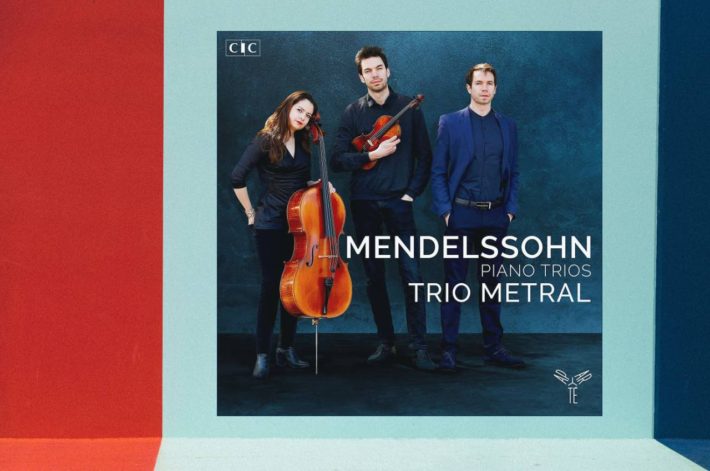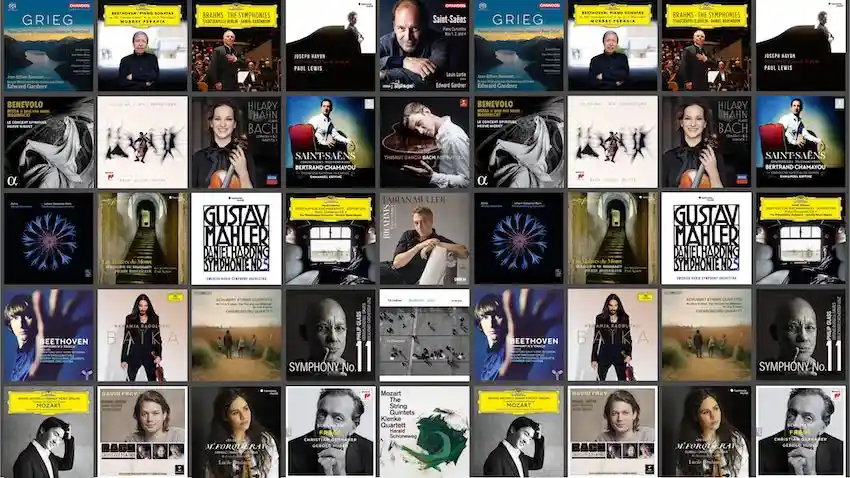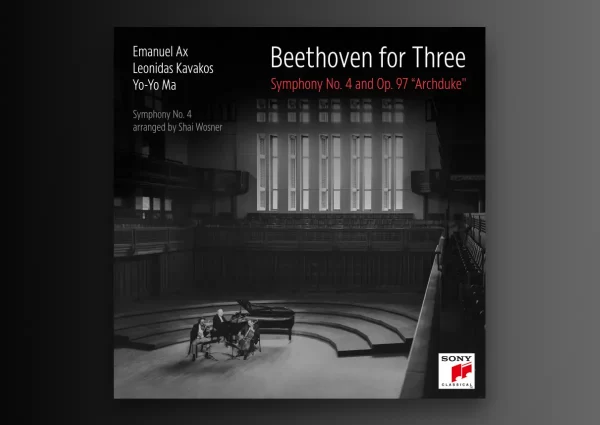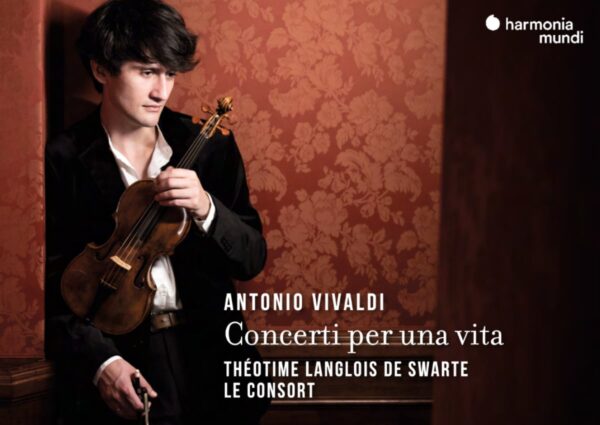Mendelssohn’s first Piano Trio, Op. 49 is obviously one of the best-known chamber pieces of the 19th century, but the Second Trio, Op. 66, is no less successful, if less immediately seductive as the first. It’s a tough piece to pull off, with sometimes contradictory instructions by the composer and an almost inflation of ideas in some of the movements, forcing performers to think carefully of the small transitions that can make or break the piece.
Siblings Joseph, Justin and Victor Metral (“Trio Metral”) bring much enthusiasm and free spirit to the two major works, with results that may divide listeners. The two opening movements are sweeping with energy, as do the scherzos. One constant frustration of other performances, such as the ”Van Baerle Trio” or “Trio Wanderer” is the overly cautious approach to the stormy episodes of the two trios, with the pianists in constant fear of overpowering the strings. You don’t get this sense here, with all parties playing to the fullest of sound. The closing bars of the second trio’s exposition is a good example (track 5, 3:00 onward).
Get periodic updates about new classical music albums reviews, news and guides.
We respect your privacy.
This free spirit can also be a double edge sword; The internal dialogue between the instrument is not always as meticulous as with other ensembles, such as the first movement of the First Trio: on 3:00 Violinist Joseph is phrasing the notes as a legato on three bows while pianist Victor answers with detached notes right afterward. The blend is also less than ideal, partially due to the rather close recording but also because of the nature of the instruments (according to the booklet, a violin from 1860, cello from 2017 and a mellow-sounding Steinway D).
That being said, the ear soon adjusts, and the performances are remarkably fresh and vibrant. The same qualities revealing some incredible talent from all parties, mainly the impressive pianism, such as in the solo breakthroughs on the development section of the first trio’s “Molto Allegro Agitato” (hopefully this won’t make for awkward family dinners).
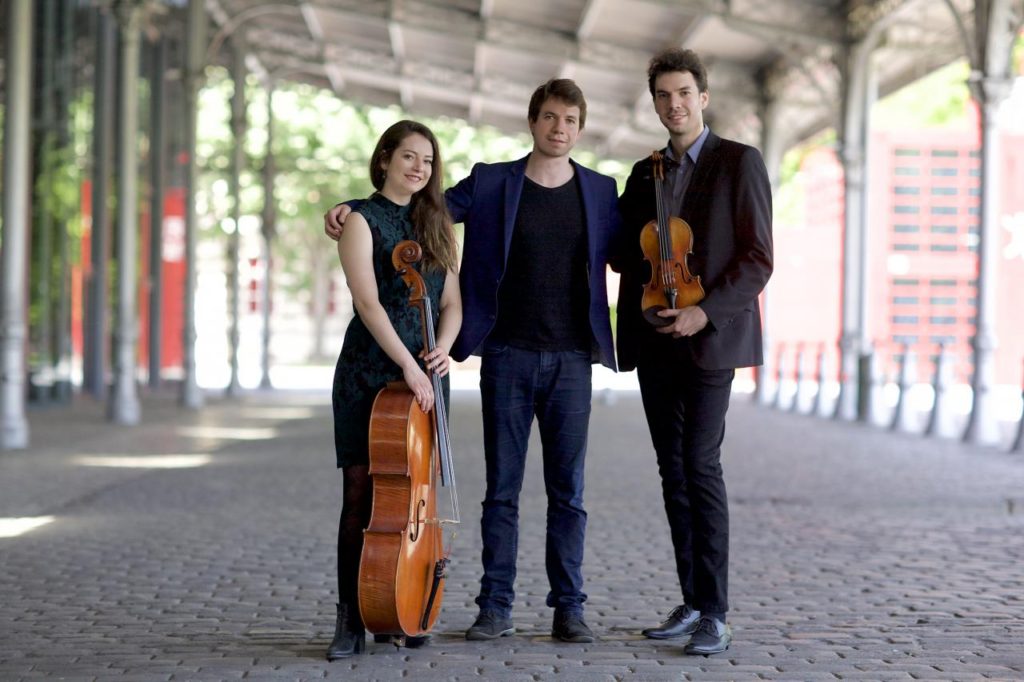
Where things do come together, as in the difficult final movement of the second trio, the results are nothing but fabulous. As mentioned in the opening of this review, this movement needs thorough planning to materialize, patching together the sometimes contrasting ideas that occupy it. This is where Bach’s influence of Mendelssohn is most apparent, with the composer trying to insert choral with recitative, as heard in many of Bach’s Cantatas and Passions, but using already heard material from this trio’s finale. Tricky stuff, and this thoroughness of planning can sound cold and too-calculated, but not here. This movement is the best in this album, full of wisdom, humanity and excitement. This trio is one to watch.

Mendelssohn – Piano Trios No. 1, Op. 49, No. 2, Op. 66
“Trio Metral”
Joseph Metral – Violin
Justine Metral – Cello
Victor Metral – Piano
Aparté Music, CD AP198
Follow Us and Comment:
Get our periodic classical music newsletter with our recent reviews, news and beginners guides.
We respect your privacy.

